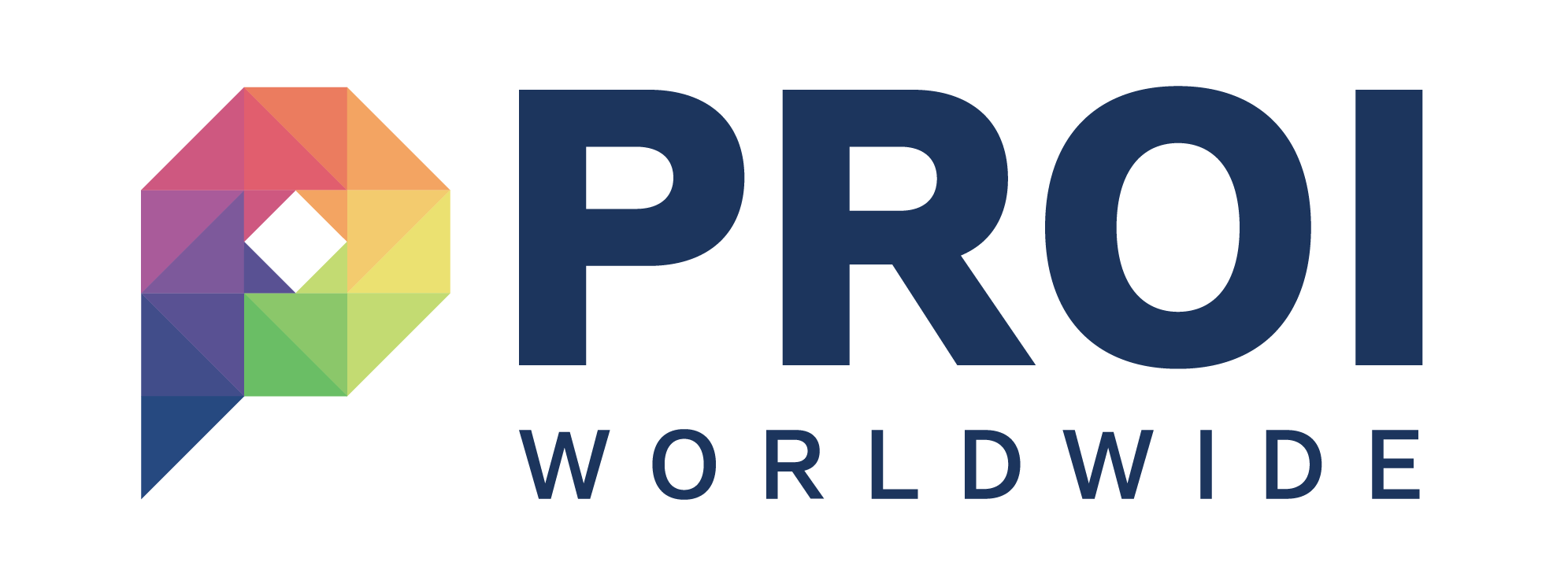Article: Facebook to Rebrand with New Name to Reflect ‘Metaverse’
Author: Kathleen Low & Sam WienerDate: Kathleen Low & Sam Wiener
Navigating the Facebook-Metaverse Big Unveil
Facebook is reportedly adopting a new identity and is rumored to announce a brand new name at their annual Connect conference this Thursday. It’s assumed the rebrand will have something to do with Facebook’s desire to be known for more than just a social media company, as well as Mark Zuckerberg’s focus on his newest obsession: the Metaverse.
So, what exactly is the Metaverse? According to Facebook, the Metaverse is “a set of virtual spaces where you can create and explore with other people who aren’t in the same physical space as you.” Zuckerberg aims to create something bigger than the internet by using virtual and augmented reality to allow users to interact with others in real time. He has already planned to hire 10,000 employees in Europe to start working on this large project and aims to make Facebook into a Metaverse company.
With the announcement of Facebook’s possible name change and rebrand arriving so shortly after the release of the Wall Street Journal’s Facebook Files, critics believe this is just a PR move to distract from the negative narratives associated with the company. Earlier this month, Frances Haugen, a former data scientist at Facebook, testified before a senate subcommittee with claims that “Facebook consistently chose to maximize its growth rather than implement safeguards on its platforms.” She went on to talk about how Facebook conducted research that illuminated the harm their products caused, but did nothing to stop it.
Since then, other internal documents have been leaked revealing that Facebook was not only aware of its harmful effect on society, but knowingly exposed vulnerable communities around the world to dangerous content. Just this past Monday, 17 U.S. news organizations came together to review Haugen’s leaked documents and released deprecating research studies, discussion threads and strategy memos now known as the “Facebook Papers.”
On October 4th, around the same time as Haugen’s allegations, Facebook had a companywide blackout. This left users unable to access Facebook, Instagram and WhatsApp for nearly 6 hours. According to an article published by Facebook Engineering, the outage was caused by a maintenance error. This not only resulted in Facebook’s shares dropping by 5%, but also large amounts of backlash from angry users and those who heavily rely on Facebook Ads to promote their businesses.
In addition to this recent backlash, Facebook has also been trying to navigate through the recent changes and data limitations brought on by Apple’s new iOS 14 update. With new “App Tracking Transparency” users can opt out of data tracking that allows Facebook to report on what happens after a consumer leaves the app. Due to this, Facebook revealed that the price of ad impressions rose 22% year over year in Q3. With rising costs and lack of data-driven reporting and attribution, advertisers are looking to take their ad budgets to other social platforms, and even email, for this upcoming holiday season.
According to Facebook’s 2021 Q3 financial report, ad revenue rose 33% year over year, but declined when compared to last quarter. Facebook blamed the revenue decrease on Apple’s new software, but it also could have had something to do with the company’s problematic past few months. After releasing their Q3 earnings, Zuckerberg defended Facebook by claiming the leaked internal documents and negative stigma were being used to “paint a false picture” of the company and revealed his plans to move forward with the future of the Metaverse.
As Facebook enters this period of rebirth, there is an opportunity for rising competitors like TikTok and Snapchat to learn from Facebook’s mistakes and do more on the publisher side to keep both users and advertisers happy. Recent events also show advertisers and marketers the importance of getting creative and relying on multiple platforms to achieve their advertising goals.
It is hard to tell whether Zuckerberg is using this company rebrand to deflect from the continuous controversy surrounding Facebook. Either way, it raises larger questions about the future of technology and how companies like Facebook can do more to protect their users.
Though the company’s shift into virtual and augmented reality seems interesting, Facebook is going to have to do a lot more than just change their name to gain back trust. We’re eager to see if Zuckerberg can step up to the plate and make a positive difference in Facebook’s new chapter.
Click here to view the online publication
